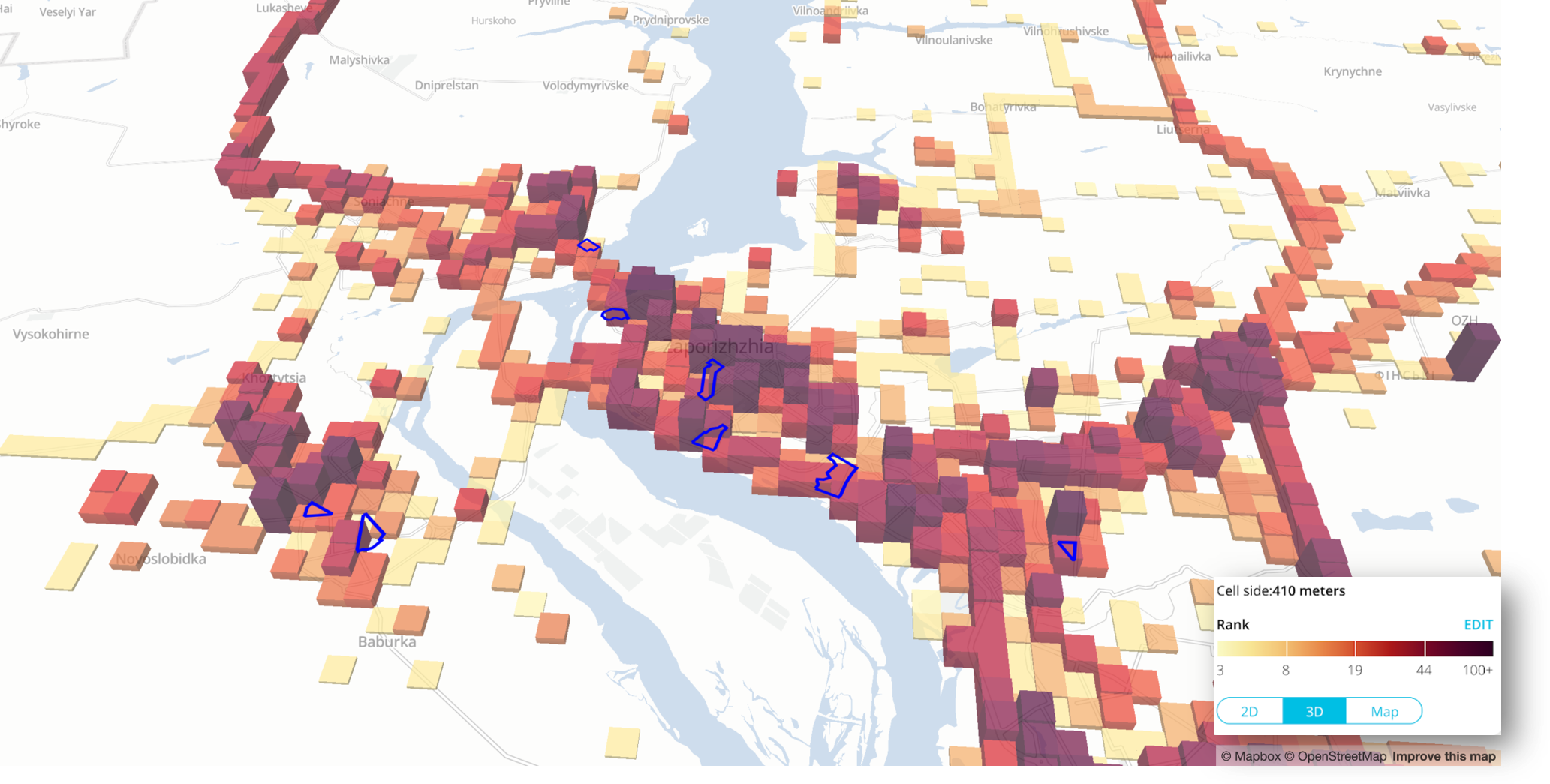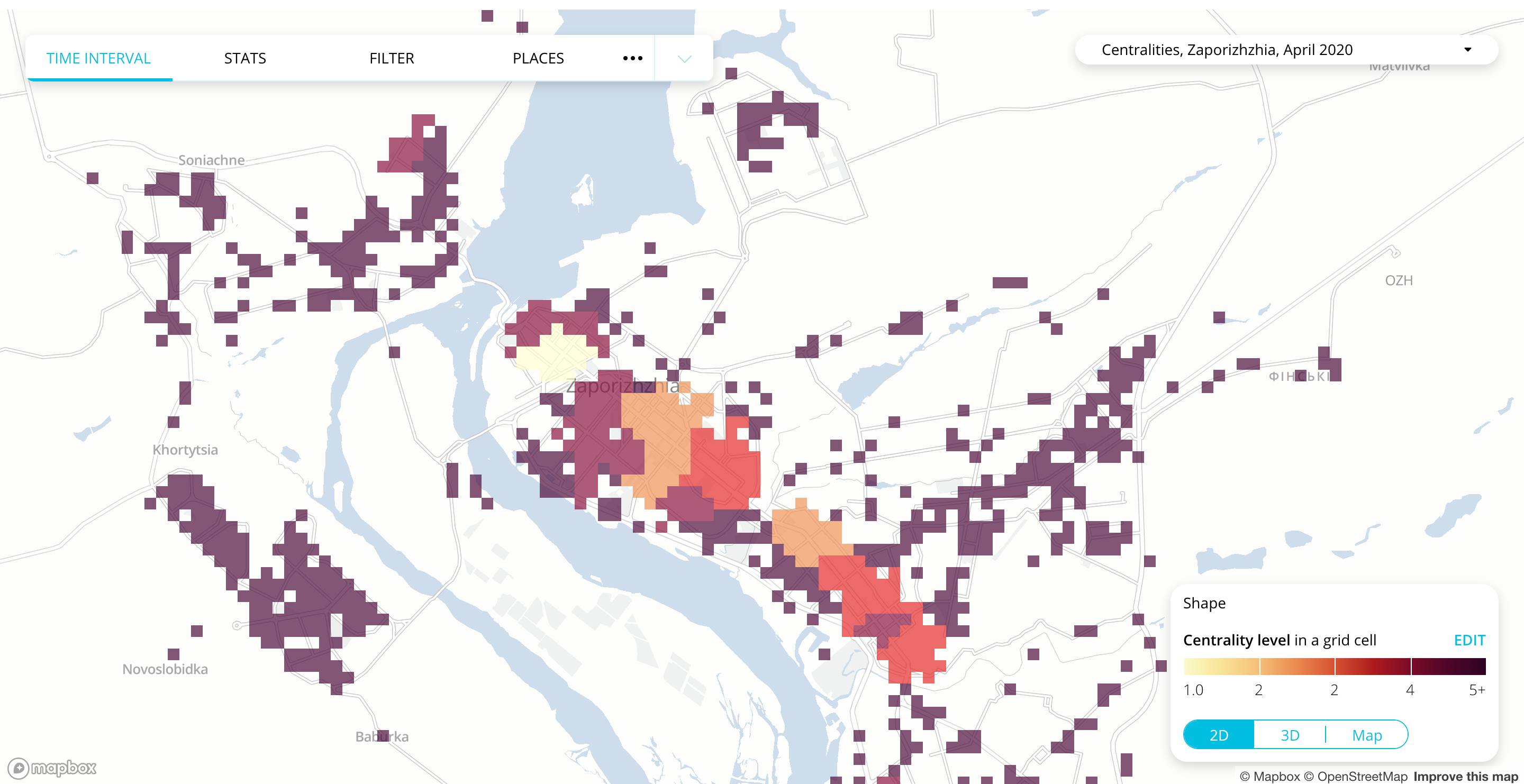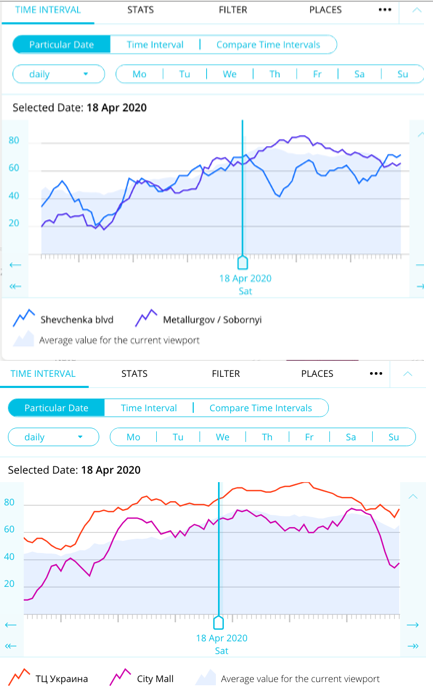Blog
-

-
Digital Inclusion and Europe Lead, Sustainable Infra Advisory, IFC
-

-
Upstream Lead Infrastructure, Europe & Central Asia, IFC
Sep 30, 2020

Few places on earth have been spared the scourge of COVID-19. But cities—with close living quarters, dense populations, health care centers, markets, train stations and airports—have borne the brunt of the crisis, with higher rates of infection and devastating public and private sector impacts. A recent UN study estimates that urban areas account for 90 percent of all reported COVID cases.
With costs rising due to the increased need for health services and social safety nets while revenues fall due to lower tax collection and reduced public transport use, cities are facing cataclysmic challenges. As city governments grapple with how to jumpstart their local economies while preventing a resurgence of COVID-19, there is a critical need for real-time information about what’s happening on the ground. This is even more urgent in developing countries.
Fortunately an innovative, data-driven solution, offered by IFC in partnership with analytics firm Habidatum, is providing privacy-protected real-time intelligence on the flows of people through urban neighborhoods, streets, parks, restaurants, and shops. By tracking people’s mobility, decision makers can gain a better understanding of the impacts of COVID-related restrictions—which commercial areas are affected the most; which businesses are most in need of assistance; which parks are getting the most use, where traffic or pedestrian trouble spots are arising.
In Zaporizhzhia, access to real-time data builds confidence in decision making
The Ukrainian city of Zaporizhzhia is pioneering the deployment of this solution. It’s part of a larger IFC program funded by SECO and Austrian Ministry of Finance aimed at using smart-city strategies and technologies to address development challenges in urbanizing emerging market countries. “A big problem for us was that by the time we had data it was already old and outdated,” Zaporizhzhia mayor Volodymyr Buriak explains. “This tool gives us timely insights on how quarantine orders are affecting various aspects of city life.”

Mobility analysis of Zaporizhzhia’s parks at the height of the pandemic provides insight into parks’ relative importance and popularity based on foot traffic, giving the city insight on how to plan for park reopening and develop new rules for park use to prevent overcrowding.
Similar to technology used by World Bank data scientists to understand compliance with stay-at-home orders, the new tool collects privacy-protected location data from smartphones to gain a block-by-block understanding of where and how people are moving about. It analyzes anonymized and aggregated movement data, so that no individual can be personally identified, and displays it in a constantly updating online dashboard. Users can zoom in on specific times and neighborhoods, comparing changes in the movement of people over time and location, from week to week and from place to place.
Our work in Zaporizhzhia includes helping to build the capacity of government users to engage technology and make smarter decisions on reopening. It is also helping them zero in more accurately on aspects of the economy most in need of support and fine-tune future development plans. Citizens, too, will have access to visualizations and the underlying open data on the city’s website. The goal here is to encourage increased community engagement and inclusive decision making.

Mobility analysis of Zaporizhzhia’s shopping malls and retail streets during COVID-related restrictions shows that shopping malls reacted more sharply to quarantine measures but began to recover in May, 2020. Retail streets are rebounding but haven’t reached the level of activity seen before quarantine.

Potential for broader application
What’s most exciting about mobility data analysis is its usefulness in addressing key questions across the range of urban issues: traffic management, designing biking and pedestrian infrastructure, long-range land use planning, development of recreational amenities, and support for local businesses, among others.
Yes, the technology can and will help cities like Zaporizhzhia rebound from a crisis. But it also offers the potential to make longer term improvements in the quality of life for urban residents, setting cities up for a better and more sustainable future.